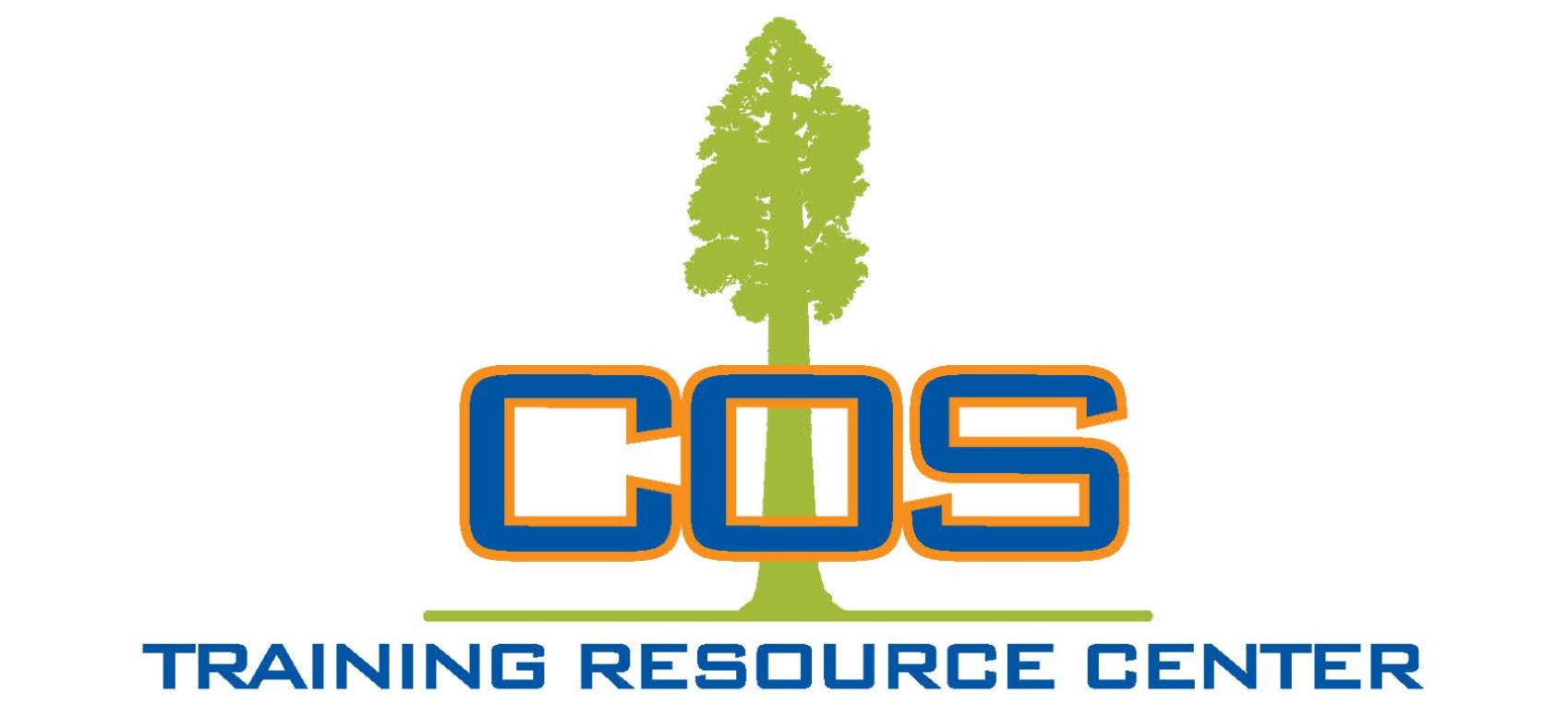Benefits of Training







What Every Employer Should Know About the Positive Effects of Training Your Employees - And the Negative Effects if You Don't
Why Train?

When you consider that 94% of employees would stay at a company longer if it invested in their career
(2018 Workplace Learning Trends [LinkedIn Learning, 2018]),
it’s no surprise to consider the benefits of training your employees and investing in their skills.
Check out the stats from “Why More Training?” (FPSA News, September 15, 2020):
- 94% of employees say they would stay at a company longer if it invested in their learning and development, according to LinkedIn Learning;
- 76% of your employees are looking for career growth opportunities and investments in training keeps them motivated and inspired to work harder and be better at their job;
- 40% of employees leave their job within the first year unless they receive training and education from their employer;
- 74% of employees feel they are not reaching their full potential unless they receive training from their employer; and,
- 87% of Millennials state that having access to professional development and education is very important to their decision of whether to stay or seek other employment elsewhere.
Does It Really Help my Bottom Line?
You betcha! When you take into account the increased productivity, retention and employee satisfaction as well as the reduced turnover and accidents, the savings really add up! “Companies that offer training have a 218% higher income per employee than companies without formalized training; and, they have a 24% higher profit margin” (“Why More Training?” [FPSA News, September 15, 2020]
A company spends 20% (on average) of an employee’s salary in turnover costs when they quit! Remember that happy employees are productive employees. Well-trained employees are more engaged and committed to their work, using less sick time and assuming more tasks. Consider one example – IBM Corp. reports that they receive $26 ROI on every training dollar they spend. (“Employee Training Pays for Itself“, Portland Community College, June 20, 2016).
Here’s how the workforce will change in the coming decades: MIT report 2020
Check out this excerpt from this MIT study/article:
CNBC: For the people who are currently unemployed and considering a career change or soon to be entering the job market, how can they best prepare for these changes and make sure they remain hirable?
Elisabeth Reynolds: What we see changing in terms of demand for workers is a desire to have both some level of comfort with technology, whether that’s data analysis or working with tablets, along with social skills and having a real comfort with human interaction. Some research shows that the social side is actually even more important than the technical side.
Check out the whole 92-page report here!
Besides hard skills for employees, what about soft skills training?
Soft skills are just as essential as hard skills for any employee in any workforce or field. Effective leadership, excellent communication, and eager people who can work together in a team can help your company be successful in creating a positive and uplifting company culture.
Jack J. Phillips, Ph.D: What makes a company a great place to work? It’s all about the work environment: does the company encourage employee input, motivate employees, recognize good work, and encourage teamwork and collaboration? It is not difficult to make the case that soft skills are every bit as important as hard skills are to the success of any organization. (“Soft Skills Training: Assessing the Need and Determining the Value”, Upskill California, August 15, 2022).
Check out the full article from Upskill California here!

